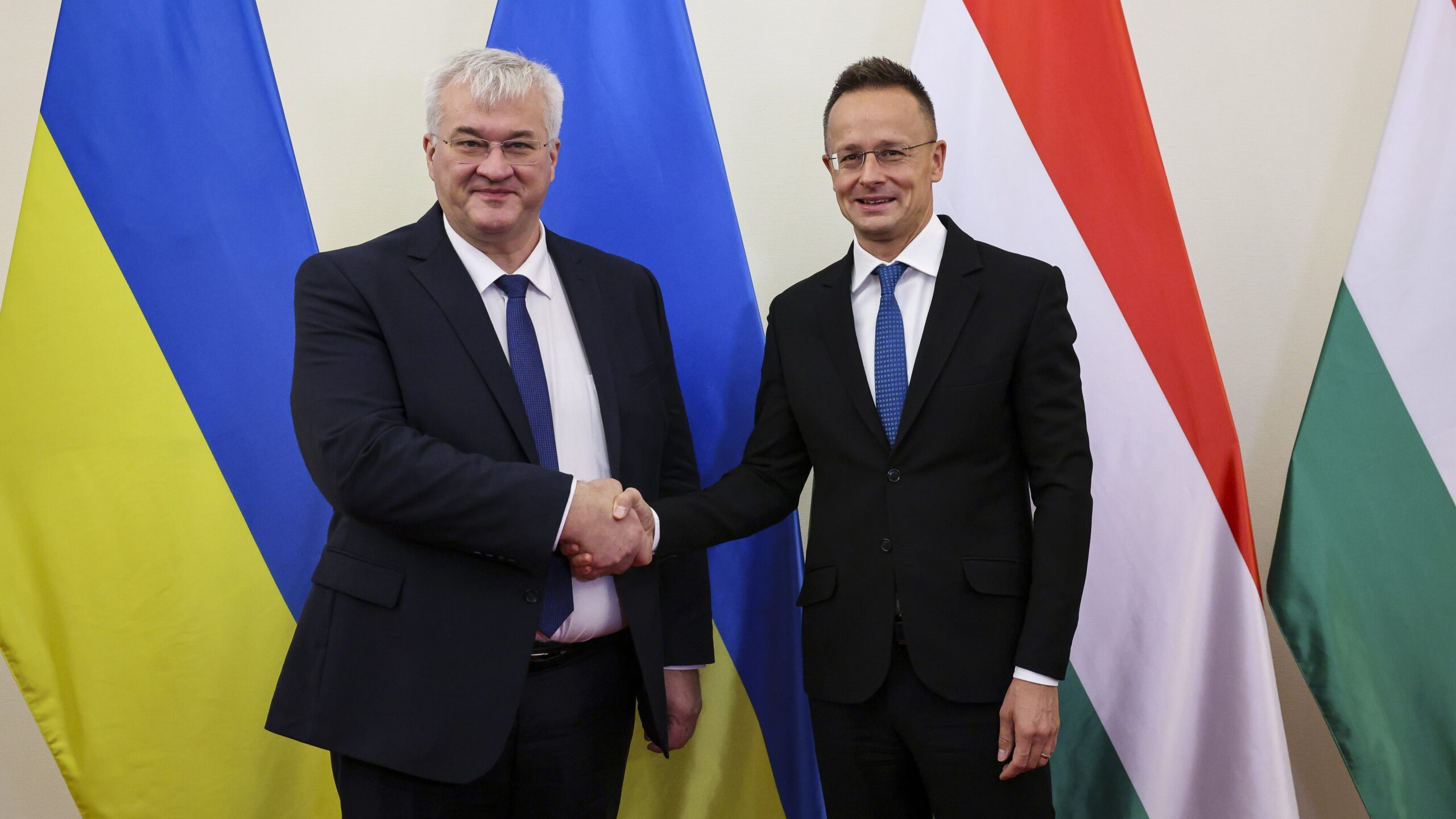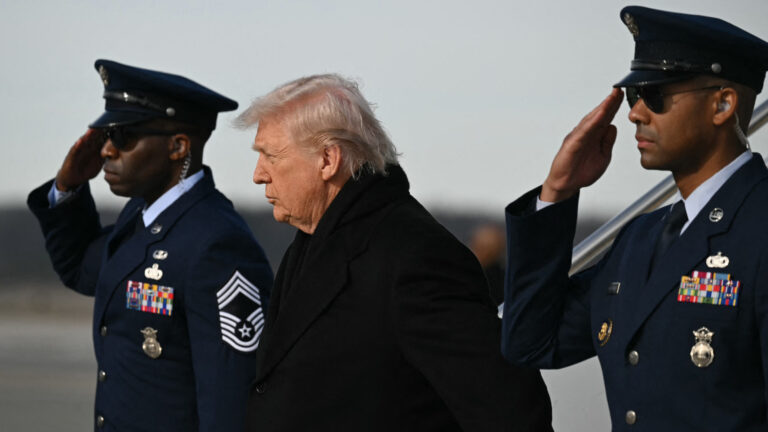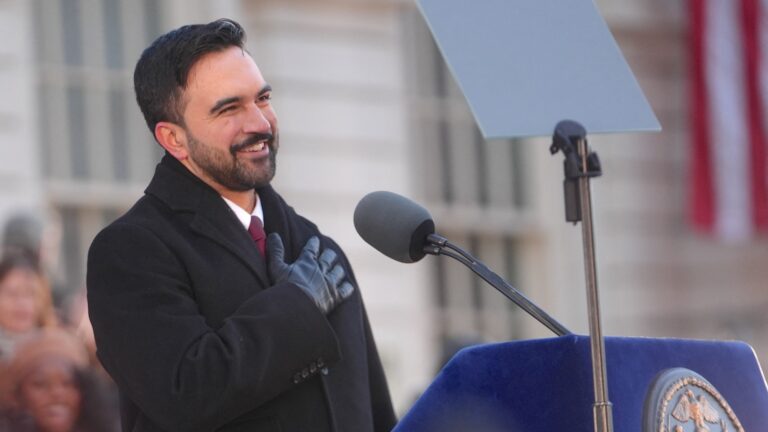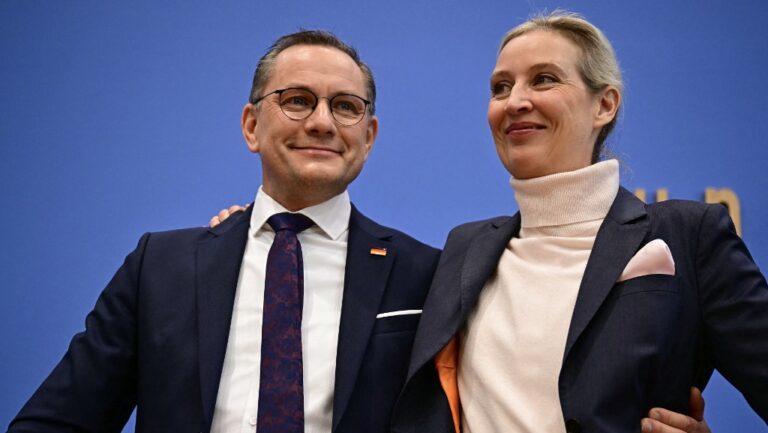Ukraine’s new Minister of Foreign Affairs, Andrii Sybiha made Ukraine’s diplomatic goals clear right in the first statement he made as Minister: ‘The number one task for Ukrainian diplomacy—from the ambassador to the attaché—is to ensure Ukraine’s defence capability. Weapons, weapons, weapons.’
Sybiha became minister replacing Dmytro Kuleba who served as head of the foreign ministry from 2020 to 2024. Kuleba was removed as part of the biggest reshuffle of the Ukrainian government in early September 2024. Not commenting specifically on the departure of Kuleba, but in general on the changes in personnel, President Zelenskyy highlighted the need for ‘new energy’ in Ukrainian politics. Shortly after the President’s decision was made public, the new Minister of Foreign Affairs’, Andrii Sybiha’s nomination was backed by 258 members of the Rada, the Ukrainian Parliament.
The Rise to Ministership
Born in 1975, Sybiha worked in diplomacy in most of his career. He served as Minister Counsellor at the Embassy of Ukraine in the Polish Republic between 2008 and 2012, and later as Ambassador of Ukraine to Türkiye between 2016 and 2021. In 2021 he joined Zelenskyy’s team as Deputy Head of the Office of the President of Ukraine, when Andriy Yermak was serving as Head of the President’s Office. Since the President’s Office is unusually active in international affairs, most of Sybiha’s responsibilities were connected to diplomacy, too, including his taking a leading role in establishing long-standing bilateral relations, especially after February 2022. From April this year Sybiha served as Deputy Minister of Foreign Affairs of Ukraine until his appointment as Minister of Foreign Affairs in September 2024.
Ever since Sybiha started working in the Foreign Affairs Ministry there have been rumours that it was only a matter of time before he would replace Kuleba. It is widely believed that Kuleba could retain his seat from April to September only due to his good personal connections with US decision-makers—but with the presidential election preoccupying the White House, the Ukrainian leadership finally saw an opening to dispose of him.
‘Sybiha is a trusted ally and former deputy of Yermak’
Sybiha’s rise to the ministerial seat can be explained by the fact that unlike his predecessor, he has a good rapport with Andriy Yermak, the President’s Office’s powerful leader. Kuleba was known to have had a conflict with the Head of the President’s Office over his connections with Western foreign ministries, while Sybiha is a trusted ally and former deputy of Yermak. According to POLITICO’s source, the President’s Office ‘could not leave such a communication channel in the hands of a person they are not fully sure is their person’. While placing Sybiha to the top of the foreign ministry clearly solves Yermak’s trust issues, it also centralizes foreign policy decision-making even more in the hands of the President’s Office.
Presidential Centralization of Power
The appointment of politicians close to the President and his trusted advisor, Yermak is seen as a sign of increasing centralization of power in the President’s Office, which is fiercely criticized by the Ukrainian opposition. The power-grab accusations are not new against Zelensky and his right-hand man, Yermak. The recent stuffing of top government positions with Zelenskyy’s allies is just another proof that the concerns raised by members of the Ukrainian opposition over the past months may be justified. Opposition MP Ivanna Klympush-Tsintsadze commented on the reshuffle saying: ‘All the actions of the current authorities speak of the systematic centralization of power by the president and his office. This flurry of resignations from government officials now speaks to a severe governance crisis in the country.’ Else than the perceived power-grab by the President’s office, members of the Ukrainian opposition also take issue with the centralization of power in the hands of unelected officials such as Andrii Yermak.
Andrii Sybiha’s work in Zelenskyy’s team is not without controversy. Earlier this year he designed the initiative to stop issuing any official documents to military-age Ukrainian men living abroad. When introduced in April, the initiative applied to all military-age Ukrainian men regardless of when they moved abroad—that is, even if they moved abroad well before the invasion, they could be denied documents by the embassies in their place of residence.
NATO, EU Ambitions Unchanged
While in Ukraine Sybiha’s appointment is an important—and worrying—sign of the centralization of power, on the international stage Sybiha is unlikely to bring about change in Kyiv’s foreign policy priorities. As his statement quoted above shows, Sybiha is determined to work towards securing more ‘weapons, weapons, weapons’ from Kyiv’s allies. During his speech at the Warsaw Security Forum, he highlighted ‘the importance of Ukraine’s invitation to NATO’. Furthermore, he also called for the lifting of ‘all restrictions on Ukraine’s use of long-range weapons against military targets in Russia’. Finally, Sybiha also asked the West to ‘take into account the reality’ of Ukraine’s membership in the European Union ‘in the next long-term budget of the EU’. Kyiv made similar demands during the new NATO chief, Mark Rutte’s trip to Ukraine—the trip last week was the first foreign visit Rutte made since he took office.
Improving Relations with Hungary?
As his first visit abroad in his new position Sybiha arrived in Hungary late September to meet with Hungarian Foreign Minister Péter Szijjártó. The Hungarian side reassured Kyiv that Budapest ‘will continue the largest humanitarian operation in its history for as long as necessary to support individuals and families facing hardship’, while Szijjártó also mentioned that ‘Hungary has become the largest source of electricity imports for Ukraine. During the summer, 45 per cent of Ukraine’s total electricity imports came through Hungary,’ Szijjártó underscored. To strengthen relations between the two countries the construction of a new bridge on the Tisza River was also announced. Most importantly, to address the issues of the Hungarian minority’s rights in Ukraine, working groups have been established to discuss proposals presented by Budapest. Earlier, commenting on the matter, former foreign minister Kuleba said: ‘All issues in Hungarian-Ukrainian relations can be traced back to Russian aggression’, as Hungarian Conservative also reported.
Related articles:







